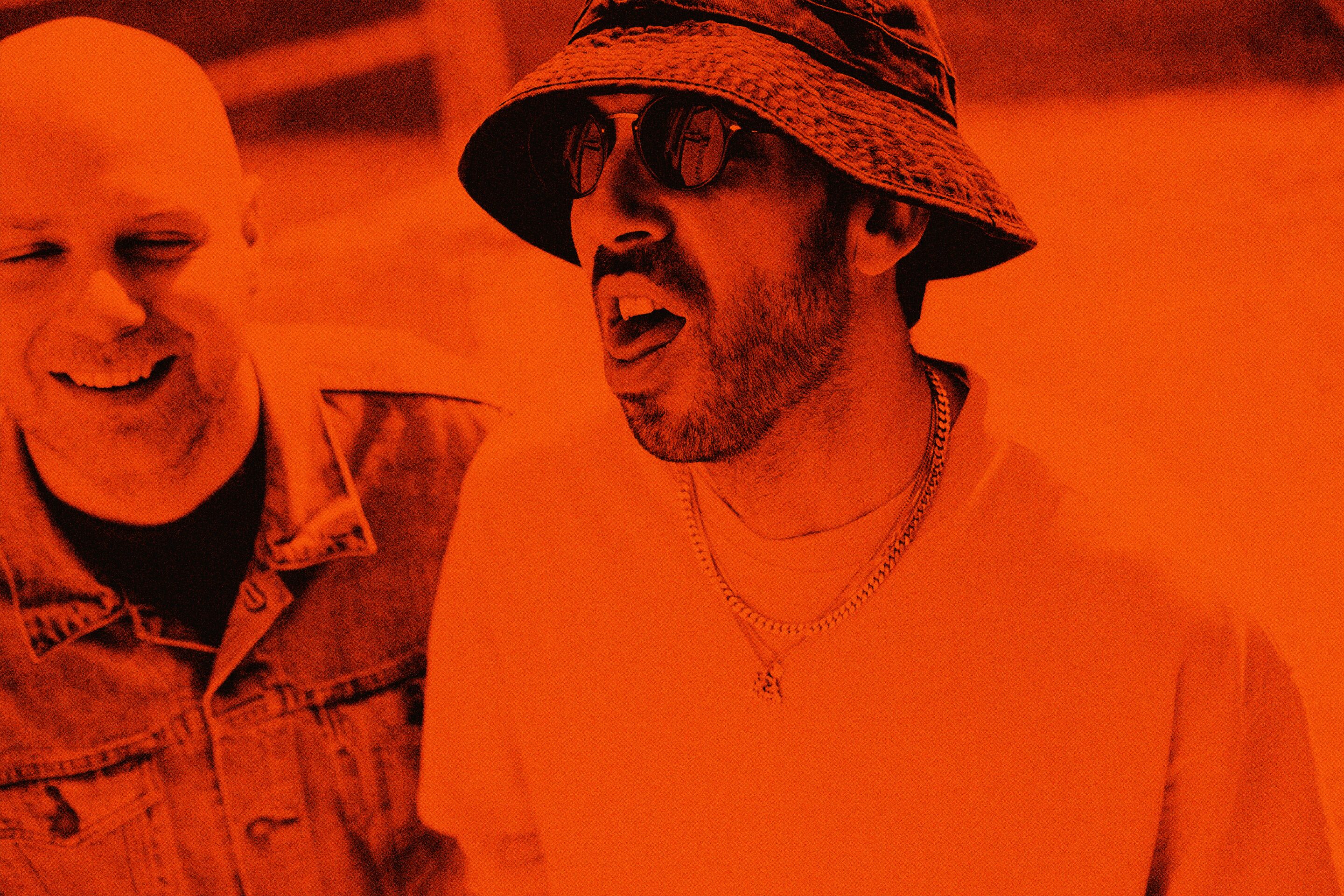The Black Box of Peter Thiel's Beliefs: Unveiling the Complexities
Peter Thiel, the enigmatic co-founder of PayPal and Palantir Technologies, is renowned for his unconventional and controversial beliefs. From embracing artificial intelligence (AI) and seasteading to advocating for a "libertarian paradise," Thiel's ideology is a complex tapestry that has both captivated and confounded observers.
Technology as Savior and Menace
Thiel is an ardent believer in the transformative power of technology. He sees AI as the key to human progress, arguing that it will solve problems such as climate change and disease. However, he also acknowledges the potential risks of AI, such as the displacement of jobs and the creation of autonomous weapons.
Thiel's views on technology are paradoxical. While he envisions a future where AI empowers humanity, he also warns of its potential for tyranny. This duality highlights the complexities of his beliefs and the inherent tensions between technological progress and societal well-being.
Libertarian Idealism and Dystopian Visions
Thiel's political philosophy is rooted in libertarianism. He believes in individual freedom, minimal government intervention, and a free market. Yet, his views often deviate from traditional libertarianism, embracing elements of authoritarianism and social conservatism.
Thiel has proposed creating floating city-states called "seasteads" outside of government jurisdiction. These seasteads would be governed by their own rules and would provide a sanctuary for individuals who wish to escape regulation. This idea has been met with criticism from both libertarians and environmentalists.
The Rise of the Sovereign Individual
Central to Thiel's ideology is the concept of the sovereign individual. He believes that individuals should be free to make their own choices and chart their own destinies, regardless of societal norms or government coercion.
Thiel's emphasis on individual sovereignty has implications for various aspects of society. He advocates for the legalization of drugs, the abolition of age restrictions, and the right to die. While these views may resonate with some, they also raise concerns about the potential erosion of social cohesion and the welfare of vulnerable populations.
The Challenge of Objectivist Rationalism
Thiel is a self-proclaimed objectivist, a philosophical school of thought that emphasizes rationalism and individual rights. However, his interpretation of objectivism has been criticized for its rigidity and lack of empathy.
Objectivists believe that humans are rational beings who should pursue their self-interest. Thiel takes this principle to extremes, arguing that individuals should not be held responsible for the consequences of their actions if they acted in accordance with their own values.
This view disregards the impact of individual actions on society and raises questions about the limits of personal accountability. It also undermines the importance of collective responsibility and cooperation.
The Debate Over Thiel's Vision
Peter Thiel's beliefs have sparked a lively debate. Supporters view him as a visionary who is challenging conventional wisdom and pushing the boundaries of human potential. Detractors, however, see him as a dangerous ideologue whose ideas threaten fundamental social values and societal stability.
The ongoing discussion surrounding Thiel's beliefs highlights the complexities of his ideology and the need for critical engagement. His ideas provide thought-provoking perspectives on technology, politics, and individual freedom. However, it is essential to critically assess these ideas, consider their potential implications, and engage in dialogue to shape a more balanced and inclusive society.
Conclusion: A Tapestry of Paradox and Possibility
Peter Thiel's beliefs form a complex and often contradictory tapestry. He embraces technology as both a savior and a menace, advocates for individual freedom while endorsing authoritarian tendencies, and promotes rationalism while exhibiting a disregard for empathy.
The debate over Thiel's vision will undoubtedly continue, as his ideas challenge us to rethink our assumptions about technology, governance, and individual responsibility. By engaging critically with these ideas, we can foster a more nuanced understanding of the complexities of the modern world and strive to shape a future that is both innovative and equitable.
Read also:
Bob Uecker, Beloved Milwaukee Brewers Broadcaster, Has Died
Victorious Cavaliers Soar To Seventh Straight Triumph, Toppling Warriors
Dolphins Stunned By Seismic Injury Revelation On Browns Eve Gridiron Clash

